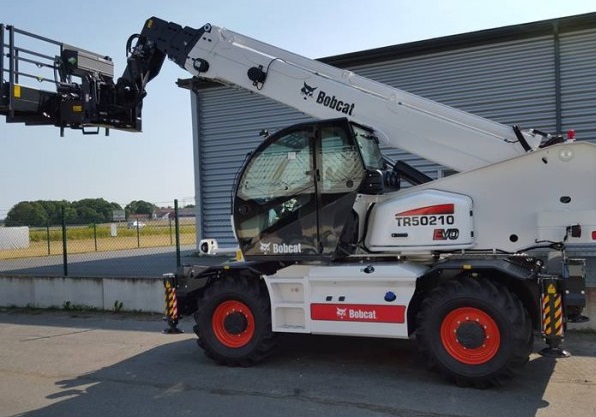We know that maximising the investment you have made in your compact equipment is one of your top priorities. The simplest and most inexpensive way to avoid costly repairs and downtime is to regularly sample and test your equipment’s fluids and components. We can analyse and interpret oil, fuel and coolant samples from all types of compact equipment.
Versatile Equipment fluid analysis service provides you with the information to make important and informed maintenance decisions regarding your compact equipment, reducing owning and operating costs, and maximize component life, keeping minor problems from becoming major repairs. Assisting you to forecast equipment wear and manage component life and to develop a complete equipment profile and history that can be analysed to evaluate equipment performance increasing used equipment value by providing comprehensive service program records and equipment history.
Oil analysis tests have been developed by engineers and chemists and take into account the working environmental factors of your compact equipment such as skidsteers, telehandlers, tracked loaders, mini excavators & compactors. Standard tests include oil cleanliness analysis, oil condition analysis and element analysis.

Component Wear Rate
Component Wear Rate analysis evaluates the wear taking place inside the lubricated compartment. The Versatile Equipment analyst will test component parts to evaluate any wear. Trend analysis and proprietary wear tables are then used to determine if wear rates are normal or abnormal. Common areas of concern are:
Oil Condition
Oil Condition analysis is used to determine if the oil has degraded. Tests are done to look at the viscosity, oxidation, sulfation and nitration of the oil. All lubricated systems risk oxidation damage of the oil. Therefore, it is recommended that oil samples from all compartments be analyzed for oil condition. Your analyst uses established guidelines or trend analysis to determine if the oil has reached then end of its useful life.
Oil Contamination
Oil contamination tests are performed to determine if anything harmful has entered the oil. This analysis relies on results from the following tests: elemental analysis, soot, particle count, fuel dilution, water, and coolant. Guidelines for the level of contamination allowed in the various compartments of a machine are available and can be used by the client to help make decisions regarding maintenance schedules for Compact Equipment.
Coolant Analysis
Inadequate cooling system maintenance can eventually lead to system problems or even engine failure. Versatile Equipment offer a two-level Coolant Program to determine if your coolant has the right chemical balance for maximum system protection and cooling efficiency.
Coolant Reporting
Diesel engines are designed to operate at higher temperatures and higher energy levels than in the past. Today’s heavy-duty diesels produce a tremendous amount of power from a small package. Cooling systems have to absorb more heat with smaller cooling systems and less coolant. A cooling system may also be transferring heat away from turbochargers, transmissions, hydraulic systems and other components. In addition, used coolant disposal requirements have become more stringent and expensive. You may be extending coolant drain intervals, recycling coolants or reconditioning coolants to reduce the disposal costs. For all these reasons, Versatile Equipments coolant analysis for your equipment is highly recommended to achieve optimum performance and the full life designed into today’s machines and engines. Four types of analysis are performed during coolant testing; Coolant Type, Boil and Freeze Protection, Coolant Condition, and Contamination.
Versatile Equipment can assimilate fluid analysis into a scheduled service agreement to keep your operating efficiently – Contact us now to discuss your options




